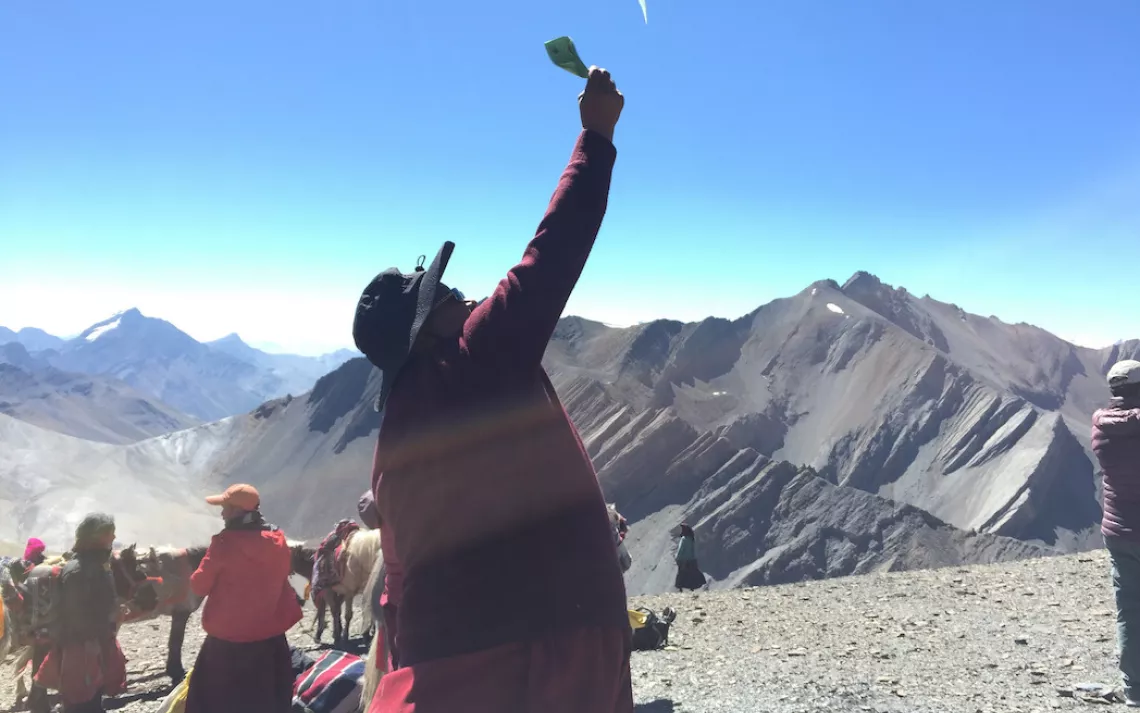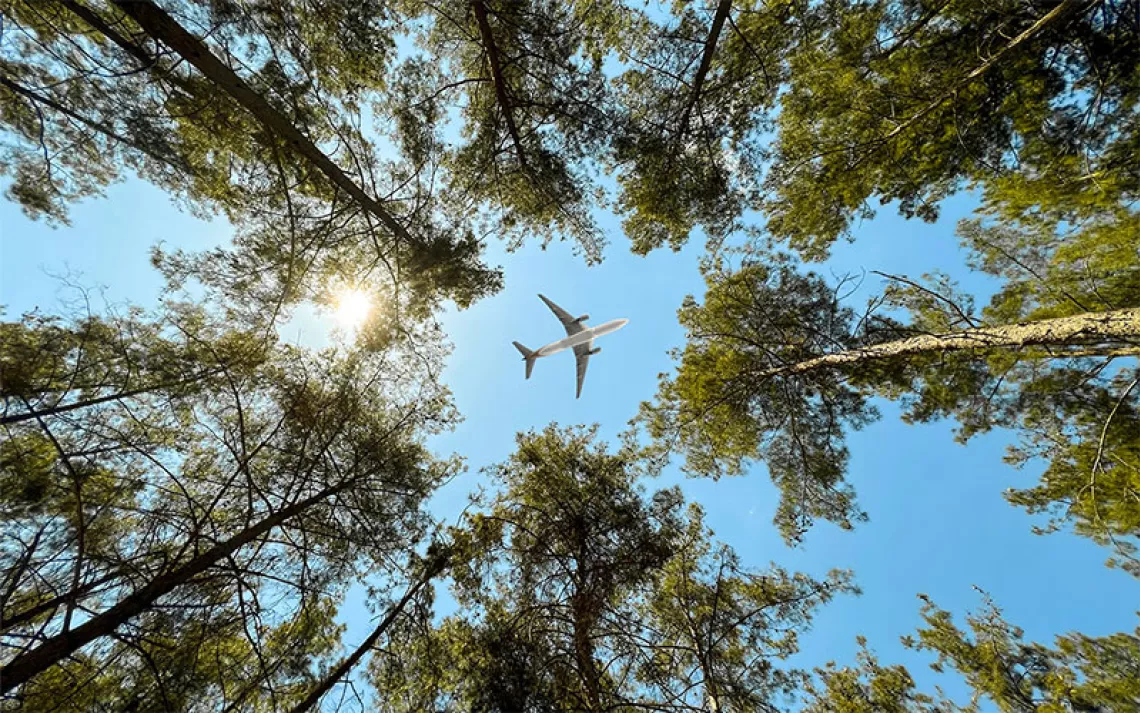Sustainable Tourism in Nepal: How to Travel Responsibly

Photograph courtesy of Geshe Takla Tarwa
Nepal is at the top of many an adventurous traveler’s bucket list. However, alongside the Himalayan country’s world-famous treks and mountain summits comes a host of challenges for those who want to book a trip that is environmentally and socially responsible.
The travel start-up kimkim is one company that is trying to address that. The platform was founded in January by alumnae of the world’s largest travel site, TripAdvisor, based on a simple premise: Travel can be a force for positive change—both for travelers and the destinations they visit. The booking experience is more localized and direct: Instead of users booking a trip based on the crowdsourced reviews written about, say, a tour operator in Kathmandu, it allows them to speak directly to the guide who will lead their trip once they arrive. The result, the company hopes, is a more informed, customized, and holistic experience in which travelers can be more aware of the nature—and consequences—of their trip.
While the company’s website partners with guides from all around the world and offers a range of eco-focused experiences, its main focus is on trips to Nepal—and with good reason. According to the World Travel and Tourism Council, in 2015 the travel industry’s projected contribution to employment in Nepal amounted to 8.5% of all jobs and comprised 5.4% of the nation’s GDP. But according to Arild Molstad, an author and advisor on sustainable tourism for institutions like UNESCO, Nepal’s ecotourism industry is rife with problems due to lack of government regulation and certification.
“Ecotourism can provide the best development assistance a country can get, but it’s not happening right now in Nepal,” Molstad says. “Greenwashing isn’t the main problem there. The problem is that Nepal is increasingly seen as a cheap backpacking destination. The government seems to permit a ‘race to the bottom’ with discounting as a main marketing tool. This hurts the tourism industry as much as the livelihoods of local teahouse owners, porters, and guides.”
This combination of tourist dollars and lack of oversight means that claims of “eco” and “responsible” tours abound online, says Raj Gyawali, the founder of Social Tours, which is a partner of kimkim. Many of these, he says, are simply “scratching the surface.”
“Most of the time when people talk about responsible tourism, they only look at what they’re offering to the client: Are they using vehicles that are responsible? Are they reducing the risk of pollution? Are they sharing?” Gyawali says. “But that is the very obvious stuff of responsible tourism—if you want to go deeper, then you’re talking about staffing, energy usage in your company, guide wages. All these things are internal-facing, and I think that is where the deeper aspect of responsibility comes in.”
Another similar website based in the UK is Tourism Concern, which, in addition to providing resources for activism around ethical tourism, also highlights companies who are operating responsibly by nation. One standout example in Nepal is Three Sisters Trekking, which is one of the few female-run trekking companies in Nepal and works to train disadvantaged rural women.
Kimkim is unique, however, in that it enables travelers to plan their trip from the start with someone who has intimate, on-the-ground knowledge of where they’re going. This, Gyawali, says, makes all the difference.
“Kimkim allows me to talk directly to the client even before they are thinking of coming, and that reverses the travel-agent game in a nice way. So instead of them coming to my website just for a price comparison after they’ve looked at 10 different websites, the difference here is that the traveler gets to talk with an agent who really knows the country and can provide value-adding info.”
 The Magazine of The Sierra Club
The Magazine of The Sierra Club







